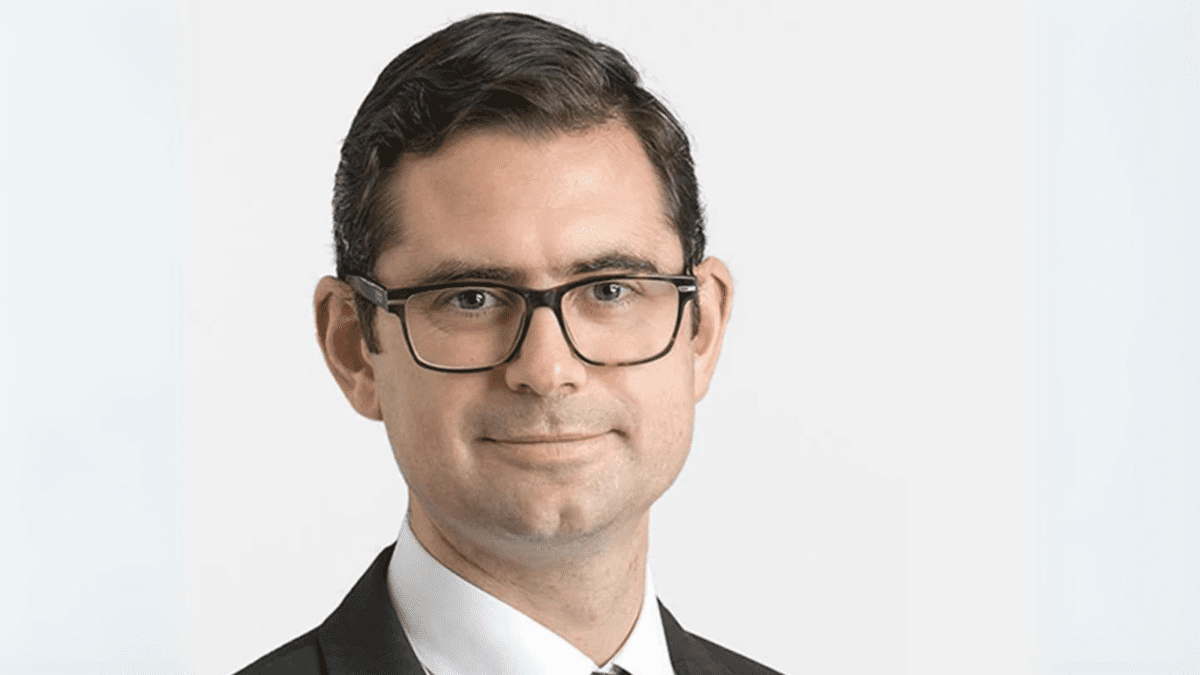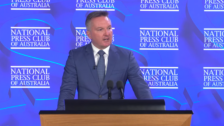Governance, representation on the agenda for super funds of the future: Morningstar
Morningstar’s recent superannuation report is notable not only for the insight it provides into the rapidly growing superannuation landscape, where data quickly becomes outdated, but for the fact that it contains more questions about its future direction than answers.
Set to manage trillions of dollars, fiduciaries could someday soon play a greater role in shaping the country’s destiny than its politicians. And if that’s to be the case, there will have to be some changes. The Morningstar report nominates governance as one of the most obvious.
“While many (funds) were established to cater to members in certain industries, the wave of super sector consolidation has seen larger funds’ member bases evolve to represent a broader cross-section of society,” the report states. “This may not be the case for the composition of a fund’s board; the directors are not appointed by members and may retain close links with industry-aligned trade unions and employer groups.
“This warrants scrutiny around governance; are board members best-suited to set and oversee a fund’s strategic direction? What proportion of board members are independent? Do industry links skew asset-allocation decisions?”
The counter-argument is that the equal representation of employer and employee representatives has been what’s made super funds great in the first place – and that, aside from a few notable examples, super fund board governance has by and large been better than that of the companies in which they invest member monies: Rio Tinto springs to mind, as does Qantas.
The bigger gripe from within the industry is not always union representation, but career director representation – people who have made a livelihood from hopping between companies and so lack the knowledge and expertise to be an effective director of a superannuation fund. Super fund boards might no longer represent the industry make-up of their fund in the same way they used to, but somebody who has spent decades on the boards of listed companies is unlikely to have much understanding of the lived experience of the average member either.
Maybe members should have their own representation on the board; after all, they wear the risk, while a larger and larger proportion of their pay is being funnelled into superannuation.
Where all that money is going is another big question. “Massive and passive” is usually used as an epithet, but it’s not clear that – when one fund will soon manage a trillion dollars, and others will quickly follow it – there’s any other option.
“A megafund making an active tilt between stocks will find it difficult to transact at scale and in a timely manner without influencing the share price,” the Morningstar report says. “This can impact asset allocation and style. A megafund may have no choice but to focus on passive, enhanced index or systematic strategies within certain listed asset classes. It may also have to limit its allocation to the class as a whole, even if its capital market assumptions and asset-allocation process recommend otherwise.
This is not a new problem. Most of the megafunds look for alpha outside the liquid public markets – though they lean on them heavily as their primary driver of returns – and Morningstar has charted a “steady, moderate” increase in average allocation to illiquid assets among the largest super funds over the past five years (21 per cent to 23 per cent).
But super funds now own nearly every piece of domestic infrastructure they can – which means looking offshore. Super funds are no strangers to international private markets investment, either directly or through manager partners like IFM, but they’re now establishing offshore offices and filling them with people who have spent their whole lives at a significant remove from superannuation and the founding myths that animate those working in today.
A vague suspicion prevails in the industry that this experiment might be the one that blows up in their faces. That suspicion isn’t founded on anything other than the fact this has never be done before, but it’s true that culture is the word that comes up most when ISN talks with those funds that have established offshore offices. Can those for whom “City” is a proper noun really understand super’s purpose, or identify with members 17,000 kilometres away? Another question – one that will hopefully be answered in the affirmative.
And then there’s mergers themselves. While the period of rapid consolidation has ended, the merged funds created during it have been stitched together from different industries and organisational cultures. Morningstar notes that they’re usually accompanied by restructuring and headcount reductions, with an impact on team cohesion and staff morale that is “understandably, sub-optimal”. But Morningstar doesn’t expect mergers to end anytime soon – and with much of the “low-hanging fruit” already picked, future mergers will be shaped by factors like member demographics, shared interests and implementation costs.
“What does the future of the landscape look like once the dust inevitably settles on merger activity in the sector? Will a dozen or so megafunds survive? Or will we see a landscape more akin to the banking sector, with a few supersized funds coexisting with a few plucky, determined small funds that found their niche? Could the sector even eventually end up consolidating into one or two giant funds rivalling the world’s large sovereign wealth funds? The answer, at this stage, is unclear.”










